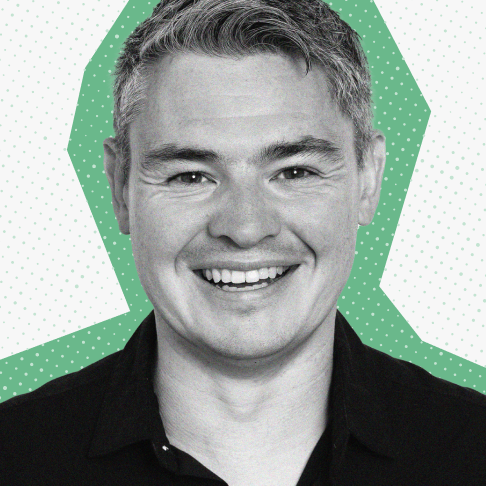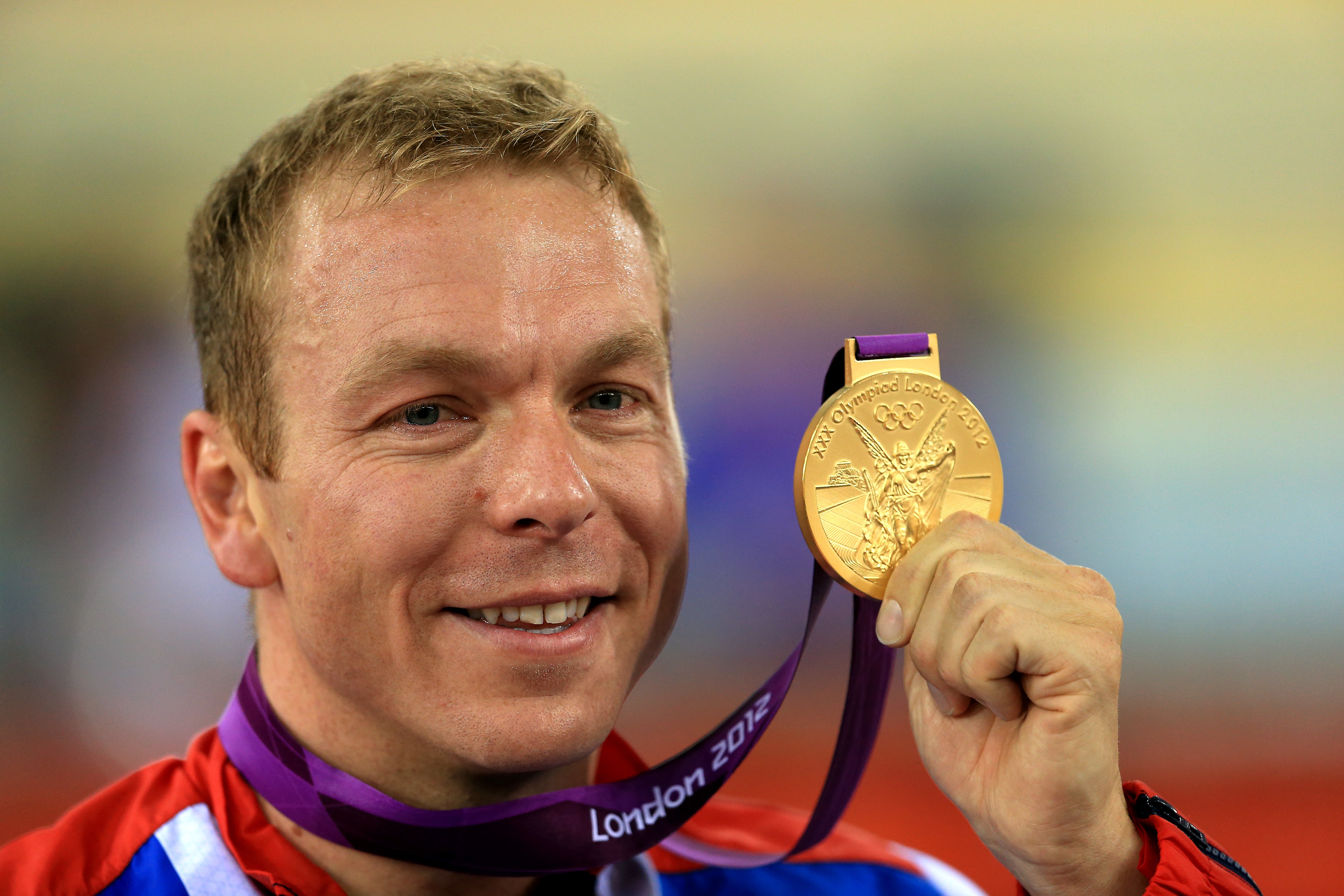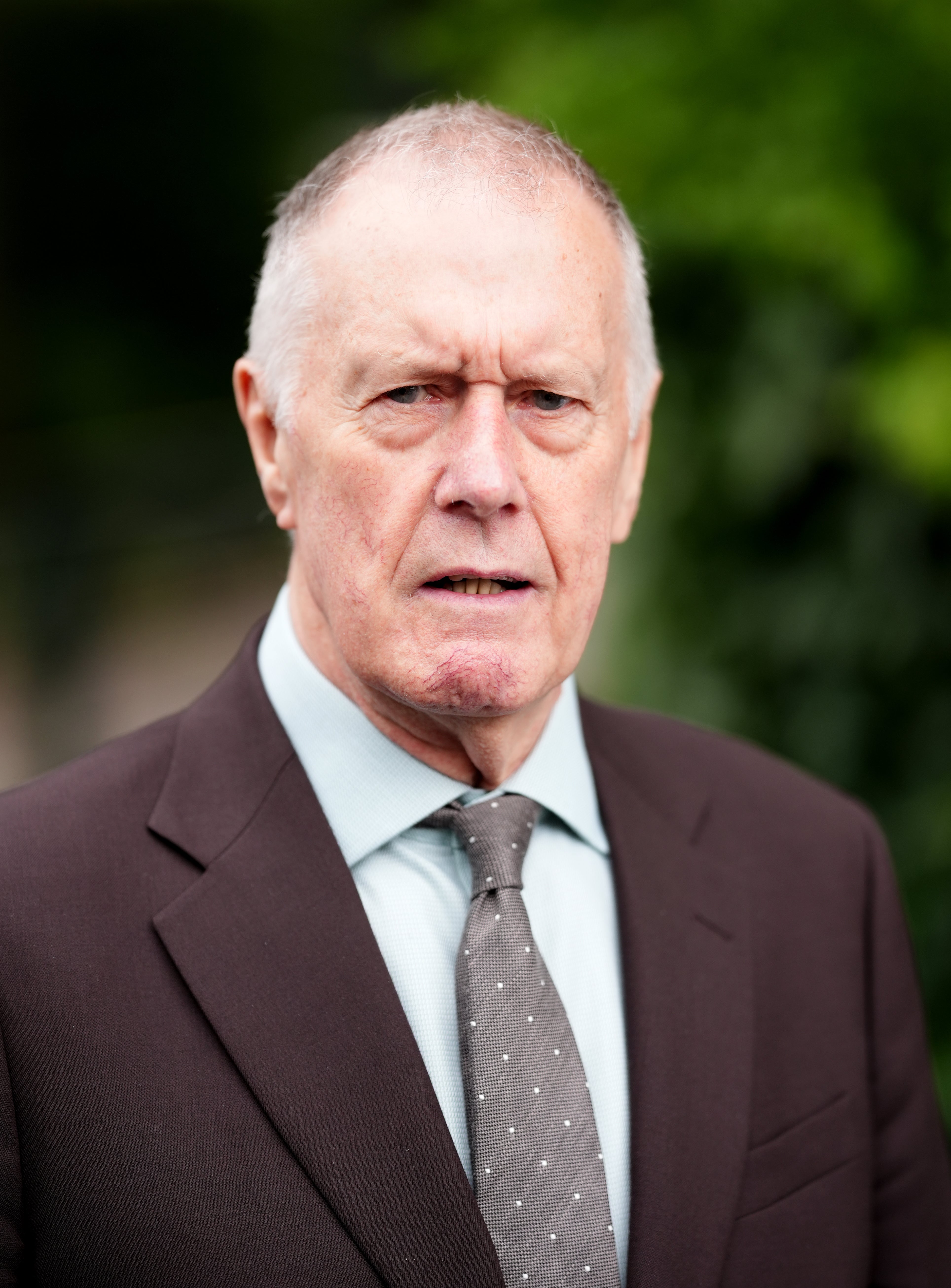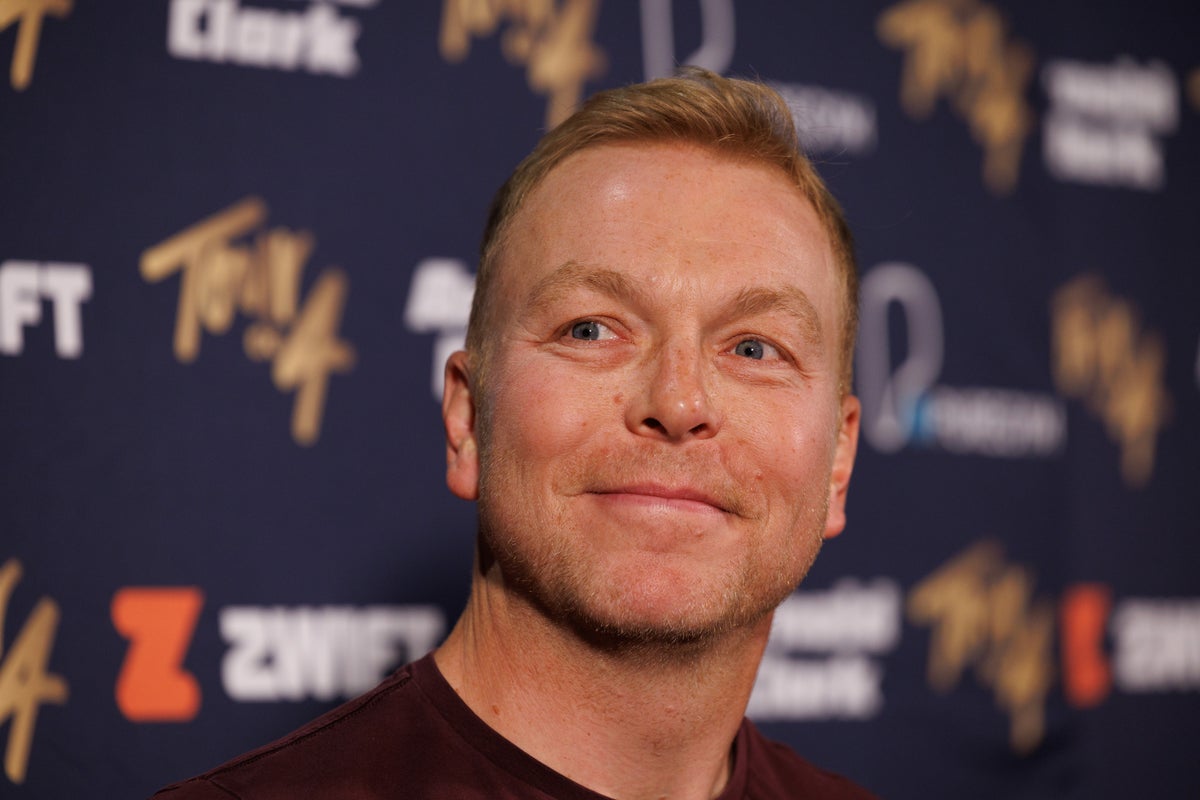- Sport
The six-time Olympic gold medallist expressed “sadness” at the recommendation against routine prostate cancer screening for majority of men
Pa Sport StaffFriday 28 November 2025 19:37 GMT
 CloseChris Hoy's three-word message of hope in terminal cancer update
CloseChris Hoy's three-word message of hope in terminal cancer update
Join the Miguel Delaney: Inside Football newsletter and get behind-the-scenes access and unrivalled insight
Join the Miguel Delaney: Inside Football newsletter
Join the Miguel Delaney: Inside Football newsletter
 Email*SIGN UP
Email*SIGN UPI would like to be emailed about offers, events and updates from The Independent. Read our Privacy notice
Olympic cycling legend Chris Hoy has voiced his "disappointment and sadness" following a recommendation against routine prostate cancer screening for the vast majority of men across the UK.
The six-time Games gold medallist, who last year disclosed his prostate cancer had metastasised to his bones with a prognosis of two to four years, spoke out after the UK National Screening Committee stated it would not endorse population screening via the prostate specific antigen (PSA) test.
The committee cited that the test "is likely to cause more harm than good."
The 49-year-old acknowledged that implementing regular checks for men with a heightened genetic predisposition to the disease represented "a very small step forward" but stressed it was "not enough."
 open image in galleryChris Hoy revealed his prostate cancer diagnosis last year
open image in galleryChris Hoy revealed his prostate cancer diagnosis last yearHe said: “I am extremely disappointed and saddened by the recommendation announced by the National Screening Committee today to rule against national screening for men at high risk of prostate cancer.
“More than 12,000 men are dying of prostate cancer every year; it is now the UK’s most common cancer in men, with black men at double the risk along with men with a family history, like myself.
“Whilst introducing regular checks for men carrying the BRCA genes is a very small step forward, it is not enough.
“I know first hand that by sharing my story following my own diagnosis two years ago, many, many lives have been saved. Early screening and diagnosis saves lives.
“I am determined to continue to use my platform to raise awareness, encourage open discussion, raise vital funds for further research and support, and to campaign for change.”
 open image in gallery1966 World Cup winner Sir Geoff Hurst said it should be “mandatory” for all men aged over 45 to be tested for prostate cancer (PA Wire)
open image in gallery1966 World Cup winner Sir Geoff Hurst said it should be “mandatory” for all men aged over 45 to be tested for prostate cancer (PA Wire)Experts are waiting to see data from a large trial launched by Prostate Cancer UK last week into whether combining PSA with other tests could lead to a recommendation for population-wide screening.
For now, the committee will put forward only a recommendation to screen men with BRCA1 and BRCA2 genetic mutations – which puts them at far higher risk of prostate cancer – every two years, between the ages of 45 and 61.
Following the UKNSC’s draft recommendation, 1966 World Cup winner Sir Geoff Hurst said it should be “mandatory” for all men aged over 45 to be tested for prostate cancer.
He told the Press Association: “I have known many people to suffer with prostate cancer and, given correct testing and early enough testing, they could’ve been furnished with a much better outcome.
“So the results that they have have gone some way towards helping, but I think it would’ve been better if all men over 45 could be tested.”
 open image in galleryFormer Manchester United manager Louis van Gaal also spoke out against the recommendations (Mike Egerton/PA)
open image in galleryFormer Manchester United manager Louis van Gaal also spoke out against the recommendations (Mike Egerton/PA)Former Manchester United manager Louis van Gaal, who revealed in 2022 that he had undergone successful treatment for prostate cancer, told PA: “Every country has its own norms and values, but the statistics are also important.
“I think many men suffer from prostate cancer, that should be a reason to at least institute a screening test for prostate cancer.”
Former England striker Les Ferdinand, 58, whose grandfather died of the disease, added: “I’ve seen members of my family survive prostate cancer, because their cancer was found in time.
“Without a national screening programme, the responsibility to find prostate cancer early and in time for a cure rests entirely on men’s shoulders, and it shouldn’t be this way.
“Black men are at double the risk of prostate cancer and twice as likely to die, and something has to be done.”


